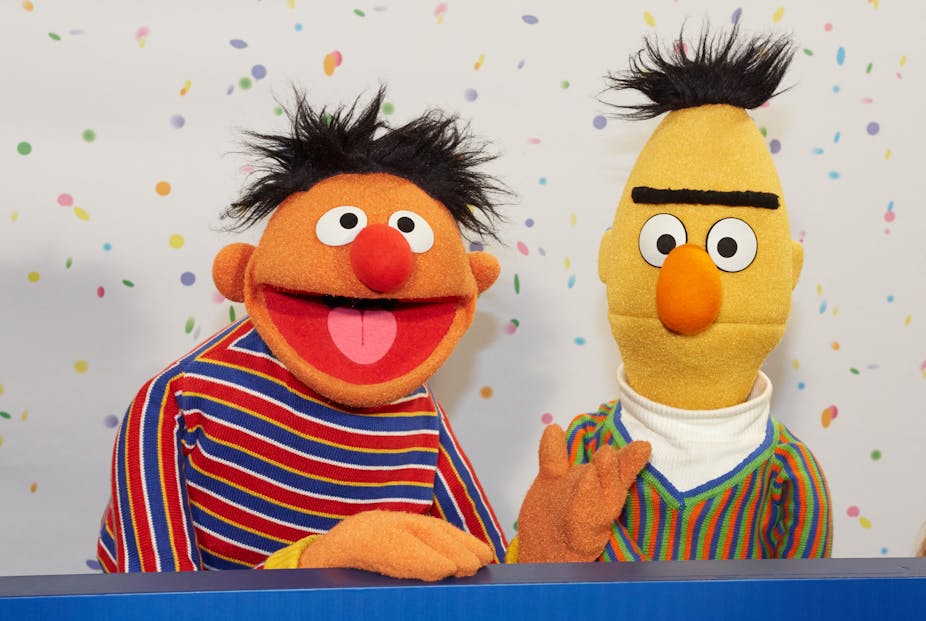The British public was treated to two political set-pieces on Wednesday: the weekly exchange between David Cameron and Ed Miliband at prime minister’s questions and the second EU debate between Nick Clegg and Nigel Farage. These moments of formal political engagement (and the media coverage which follows them) are the primary means by which most people encounter politics. And they do a great deal to fuel public disengagement and scepticism.
PMQs was “shouty politics” at its best (or worst). Miliband accused the prime minister of being “not so much the Wolf of Wall Street as the Dunce of Downing Street”. Cameron responded by labelling Miliband and Ed Balls: “two muppets” and in turn was heckled by Miliband, who observed the prime minister had “gone as red as a post box”.
The underlying issue – the privatisation of the Royal Mail – was largely lost, a point reflected in the copious coverage given in the media to the language used rather than the policy at issue.
Order, order
Individually politicians recognise that PMQs does not provide a positive image of politics to the public, but they account for their behaviour by emphasising the pressure-cooker atmosphere of the House of Commons, the culture of “banter” in Parliament and the genuine antipathy between the parties and their leaders. Even with the best of intentions, politicians quickly get drawn into the paper-waving, booing and heckling seen on television.

There is widespread evidence of the negative impact of PMQs on public attitudes to politics. A recent report by the Hansard Society found that only 12% of the public agreed that PMQs made them “proud of parliament” and only 20% agreed it was exciting to watch. The personal attacks, bland sound-bites and evasive answers are routinely singled out as negative; yet politicians still routinely rely on these techniques.
Soundbites rule
Modern political communication has changed dramatically over recent decades. Once, politicians spoke directly to voters at rallies and public meetings – now they rely almost exclusively on the media to communicate. This has transformed how politicians speak, prompting them to court controversy and use memorable soundbites which will be picked up by the media and remembered by the public.
We saw how this works in the Clegg/Farage debate. Clegg declared: “If you do what Nigel Farage recommends and you isolate Britain, sort of Billy-No-Mates Britain - well it will be worse than that - it will be Billy-No-Jobs Britain, a Billy-No-Influence Britain.” Farage, who at one point directly accused Clegg of lying, called on the audience to “come and join the people’s army”.
While memorable, this style of speaking has negative side effects as it is so divorced from the language of ordinary discussion that it prevents people from engaging in political debate themselves. Who, after all, is going to sit in the pub and talk about the EU in terms of a “Billy-No-Influence Britain”?
This sort of thing leads people to concentrate on the speaker and the soundbites which in turn leads discussion to focus on personality and style rather than on the issues. It reinforces the idea of us (the public) and them (the politicians) who speak in a weird and inaccessible language, perceptions which are hardly likely to encourage political engagement.
Politicians continue to use this form of language because they depend on the media to communicate with the public, which means short and sharp, to capture attention. Also, political controversy can engage people in a way that less aggressive political debate fails to. And soundbites usually work.
Barrage from Farage
Nigel Farage has built his reputation on the back of political attacks. His attack on the EU president Herman Van Rompuy (in which he accused him of having “all the charisma of a damp rag and the appearance of a low-grade bank clerk”) has been watched by more than a million people on Youtube. Similarly Boris Johnson used an attack on Mitt Romney before the Olympics (“There’s a guy called Mitt Romney who wants to know whether we are ready”) to boost his own appeal with the public.
In parliament, coverage is often given to debates that would otherwise have escaped attention because they contain aggressive language (for example Tom Watson’s attack on Michael Gove). The occasional success of such techniques fuels MPs’ desire to use catchphrases, launch personal attacks and engage in the form of combative political debate witnessed at PMQs.
This means our politicians’ language seems unlikely to alter dramatically. Less aggressive political debate would not guarantee greater political engagement – to the contrary, even if the public were to develop greater pride in parliament and respect for politicians, a less aggressive approach could still fail to spark public interest.
And it would not address the central problem, which is the alienating tone of political language. Until politicians begin to speak in the language spoken by people at work, at home, in pubs, shops and cafes around the country politics will continue the province of “them” rather than “us”, providing little incentive for people to engage.

